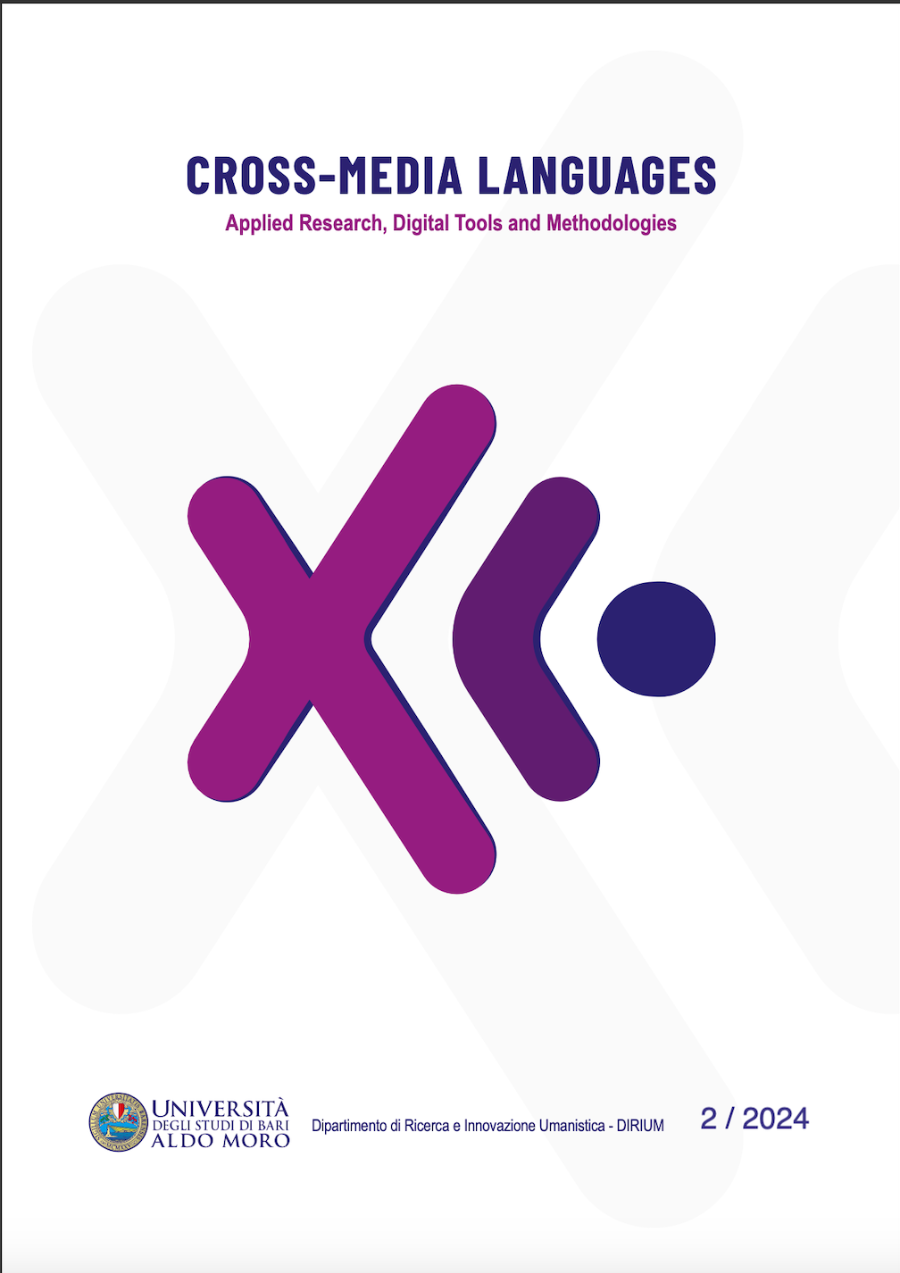Lo studio dei fitonimi in una prospettiva translinguistica e transculturale
DOI:
https://doi.org/10.15162/2974-8933/1950Parole chiave:
translanguaging, transculturalism, semiotic ecosystem, Traditional Food Produce, Task-Based Language Teaching (TBLT), translinguismo, transculturalismo, ecosistema semiotico, Prodotti Agroalimentari Tradizionali (PAT)Abstract
Translanguaging offers a lens through which we can observe the variegated uses of phytonyms in a variety of communicative contexts. In the first part of the essay, I trace the evolution of translanguaging from its origin to the present day. In the second part, I illustrate the preliminary results of a study of the semiotic ecosystem created by the denominations of an edible herb plant growing in the Italian region of Apulia. In the third part, I propose a pedagogic unit based on these findings and designed according to the principles of Task-Based Language Teaching for distance learning.
Il translinguismo offre una lente attraverso la quale si possono osservare i variegati usi dei fitonimi in diversi contesti comunicativi. Nella prima parte del saggio si traccerà l’evoluzione del translinguismo dalle sue origini fino ai giorni nostri. Nella seconda parte verranno illustrati i primi risultati di uno studio dell’ecosistema semiotico creato dalle denominazioni di una pianta erbacea edule della regione Puglia. Nella terza parte verrà proposta una unità didattica si ispira ai principi del Task-Based Language Teaching ed è adatta per la Didattica a Distanza.











